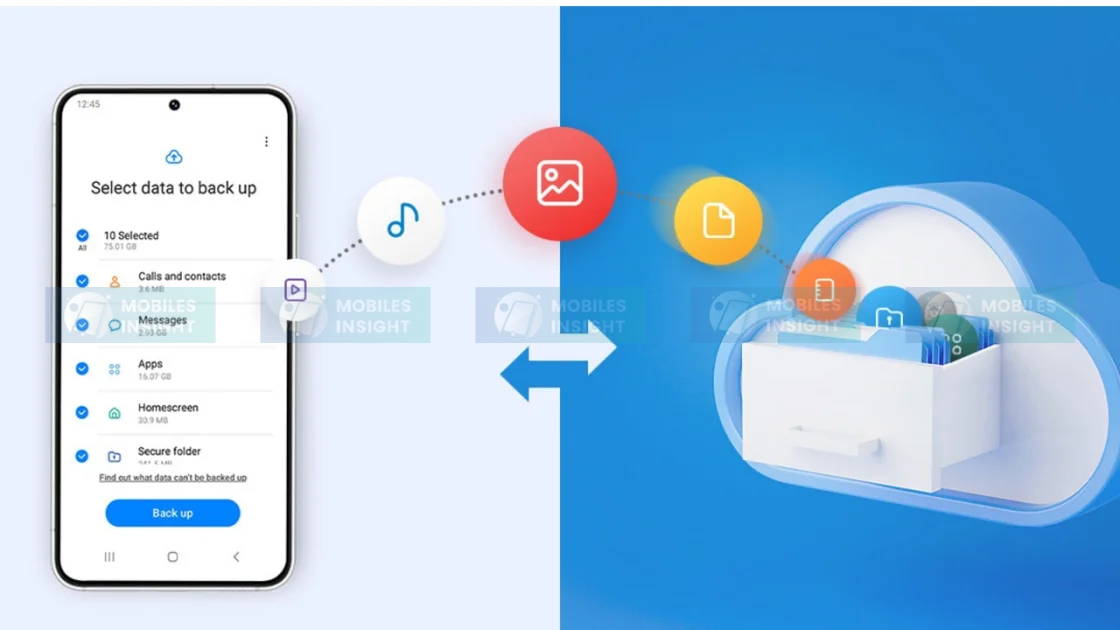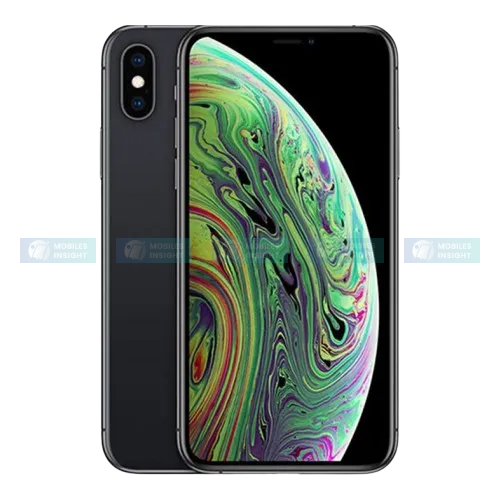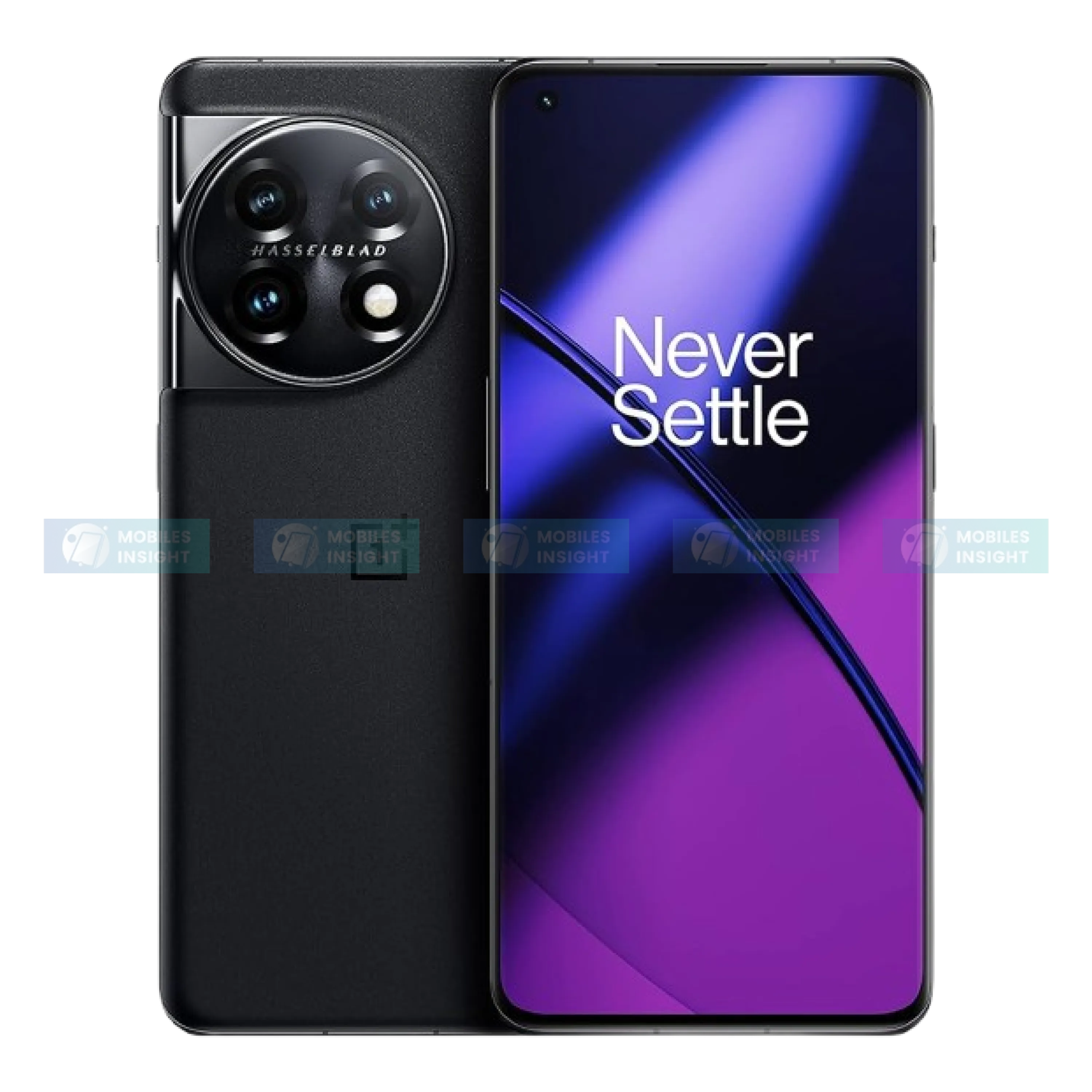
Google’s Next Backup Feature Will Change How You Save Android Data
Google is changing how Android phones back up data. The new feature will make cloud storage automatic, give smart AI suggestions, and allow easy recovery of your data. This will make backing up faster, smarter, and available everywhere, even in areas with limited internet through satellite.
Why Does Android Backup Matter More Than Ever?
Backing up data is very important for Android users. Losing photos, app settings, or other data can be frustrating. Google’s new backup feature will make this easier by saving your data to the cloud in real-time with AI help, so you don’t have to do it manually.
Modern smartphones are now connected to AI services like Google’s AI Genie 3 or OpenAI’s language model. These tools can look at how you use your apps and decide which data is more important to save first. With fast 5G networks and satellite connections, even people in remote areas can easily keep their Android data safe.
What’s New in Google’s Backup System?
Automated Data Prioritization
Google's backup system now uses smart AI technology, including the Perplexity AI framework, to prioritize your data. Important files like photos, contacts, messages, and app settings are backed up first. This saves storage space and makes the backup process faster and more efficient. The system looks at how you use your device and which files matter most to reduce wasted storage.
Cross-Platform Recovery
The new system makes it easy to recover your Android data on different devices. Whether you switch to a new Google Pixel or a Samsung phone, your backup will keep your personal settings and preferences, giving you the same experience on any device. This makes changing phones easier and more convenient.
Satellite Connectivity Support
Google is testing a new way to back up data using satellites, similar to Starlink internet. This will help people in remote areas back up their files even without normal internet access. Using low-Earth orbit satellites, Google wants to make sure data stays safe and can be accessed easily, even in places with poor internet connections.
How Does AI Enhance Android Backup?
Intelligent Recommendations
Google’s Genie 3, introduced in August 2025, is a smart AI system for managing backups. It studies how you use your phone to figure out which files you will likely need and helps save them automatically. This makes backing up easier, keeps your important data safe, and uses less storage. Genie 3 also learns over time, getting better at protecting your files, making it very useful for anyone who wants a simple and efficient backup solution.
Integration with OpenAI’s Language Models
OpenAI's language models are now being used in Android backup systems to make data organization easier. These models can sort and summarize different types of user data, like app logs, chat messages, and notes, helping to store and find information more efficiently. By understanding natural language, these models make backups more accurate and useful, ensuring that important information is easy to access when needed.
Security and Privacy
Android's backup system uses strong encryption to keep your data safe. Your backups are protected while being sent and while stored, using keys that even Google cannot access, so your information stays private. Phones with Samsung's Knox system provide extra security, like hardware-based encryption and safe storage, giving your data even more protection.
Real-World Benefits for Users in Bangladesh and Beyond
Seamless Migration Between Devices
Upgrading to a new phone is now easier than before. Android users can quickly restore their data in minutes, keeping their app settings, home screens, and saved passwords intact. Tools like Google One help transfer contacts, photos, videos, and messages smoothly. For those moving from iPhone to Android, the process is also simpler with the 'Switch to Android' app, which safely moves all your important data.
Reduced Data Loss Risk
Advanced backup systems have made losing data much less likely. AI-powered backups now keep your data updated in real-time, so even if something is accidentally deleted or your device fails, your important information won’t be lost. These systems keep checking and saving your data continuously, giving you peace of mind that it is safe and easy to recover.
Global Accessibility
Access to cloud services has improved worldwide, even in rural areas with limited 5G or internet. Satellite-supported backup services, like Starlink's low-orbit satellites, let people in remote areas sync their data quickly. This makes it easier for everyone to safely back up and access their information, no matter where they live.
Technical Insights: How Does It Work?
Backup Triggers
Modern backup systems now use smart triggers that look at different factors before starting a backup. It checks things like Wi-Fi availability, battery level, and cloud connection to choose the best time. For example, AI can detect when the phone is not in heavy use, like at night, and do backups without slowing down the device. The new Wi-Fi 6 technology with features like Target Wake Time (TWT) helps devices send data efficiently, saving battery and avoiding network congestion during backups.
Data Compression and Smart Storage
The latest backup systems use smart AI technology to make storing data easier. These AI tools can spot repeated or similar files and save only the unique ones, which helps save a lot of storage space. For example, Huawei's OceanProtect E series backup system can reduce the amount of stored data by up to 72 times, meaning it needs much less space. This is very important as the amount of data keeps growing, especially with more AI and machine learning applications being used.
Cross-Device Sync
Syncing data between devices has become much easier. Now you can access your files smoothly on Android, iOS, and desktop computers. Cloud services like Google Drive, Dropbox, and OneDrive keep your files updated in real-time, so you can open them from any device. Apps like PhotoSync can automatically transfer photos and videos in the background, making sure your data is safe and always available.
Backing Up Data in the AI Era
Context-Aware Backups Powered by AGI
Artificial General Intelligence (AGI) is set to change how we back up our data. Unlike normal backups that just copy files, AGI can understand the importance of each file. For example, it can prioritize saving documents you use often, AI-created content, or app settings, making sure your most important data is always safe. This smart system also reduces storage space and makes it easier to find files. As AGI improves, backup systems will become more personal and efficient, helping you manage your data better.
Seamless Integration with 5G and Satellite Networks
The arrival of 5G and satellite connections has changed how we manage mobile data. Companies like AST SpaceMobile and Qualcomm have created technology that lets smartphones connect directly to satellites, without using regular mobile networks. This means backups can happen even in areas with no cellular signal. For example, AST SpaceMobile's Bluebird satellites made the first-ever video call from space using a normal smartphone, showing that satellite-based mobile communication really works.
On top of that, 5G technology makes backups faster and smoother. Large amounts of data can be saved or restored more quickly, which means less waiting time and a better experience for users.
Enhanced Data Protection and Recovery
With people relying more on digital data, having strong backup solutions is very important. AI-based security systems are now protecting backup data from threats like ransomware and unauthorized access. These systems can spot unusual activity in real-time and automatically act to prevent problems. Cloud storage has also improved, making it possible to save backup data in several locations, keeping it safe if something goes wrong.
If you switch devices or accidentally delete something, these advanced backup systems make it easy to recover your data. Using AI, 5G, and satellite technology together is setting new standards for keeping data safe and accessible, giving users peace of mind that their information is protected.
Final Thoughts
Google’s next backup feature is changing how we save mobile data. By using AI, satellite connections, and smart cloud storage, Android users around the world can keep their data safe and easy to recover.
This update is helpful not only for tech-savvy users but also for people in rural areas who often face connectivity problems. With AI Genie 3, Perplexity AI, OpenAI models, 5G networks, and satellite support working together, Android sets a new standard for protecting mobile data.
Popular Phone Reviews

Samsung Galaxy A70 Review: Features, Performance, and Value Insights

Apple iPhone 16 Pro Max Review: Features, Performance, and Value Insights

Apple iPhone 12 Pro Max Review: Features, Performance, and Value Insights

Xiaomi Redmi 12 Review: Features, Performance, and Value Insights






